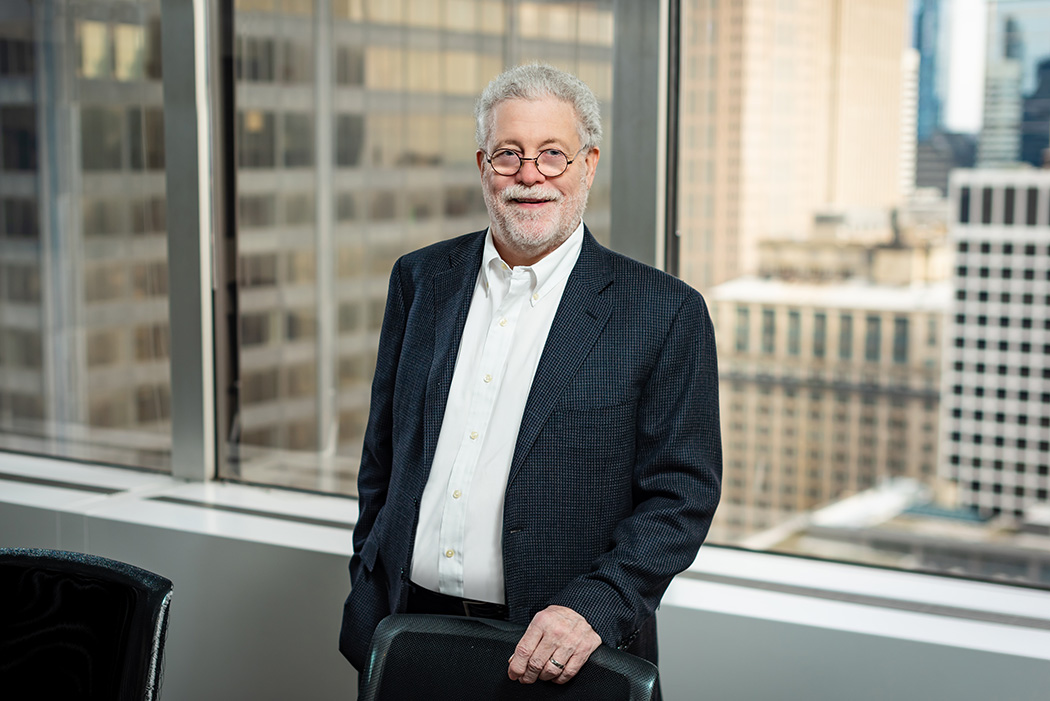Federal Circuit Affirms PTAB Decision in CRISPR Case
- September 11, 2018 (snippets Alert)
- Snippets
Authored by Kevin E. Noonan, Ph.D.
On Monday, the Federal Circuit handed down its decision in the University of California’s (“California”) appeal of the decision by the Patent Trial and Appeal Board (“the Board”) that there is no interference-in-fact between California’s pending application and twelve patents (and one pending application) assigned to The Broad Institute (“the Broad”) claiming reagents and methods for using CRISPR-Cas9 in eukaryotic cells.
The Court’s opinion, by Judge Moore and joined by Chief Judge Prost and Judge Schall, rejected California’s arguments that the Board had improperly found the Broad’s claims to be non-obvious because a skilled worker would not have a reasonable expectation of success for applying CRISPR-Cas9 to eukaryotic cells, based on the California inventors’ disclosure of the genetic modification system in prokaryotes and relevant knowledge in the art of differences between prokaryotic and eukaryotic cells.
The opinion held that the Board properly found substantial evidence for their conclusions of non-obviousness, based on expert testimony from both the Broad and California’s experts and contemporaneous statements by California’s inventors regarding uncertainty in using CRISPR in eukaryotes. In particular, the opinion rejected California’s argument that simultaneous invention by six research groups applying CRISPR to eukaryotic cells rendered the Broad’s claims obvious, because the very nature of an interference implicates the existence of simultaneous invention.
The consequence of this decision (assuming it is the final word) is that the status quo will remain: the Broad will maintain its extensive CRISPR patent portfolio and California’s patent application (reciting claims broader than the Broad’s and encompassing CRISPR without regard to the cells in which it is practiced) should grant as a patent in due course. Under these circumstances, a third party wishing to practice the technology in eukaryotic cells (encompassing everything from yeast to man) would need a license from both California and the Broad (absent the parties coming to an agreement on how their overlapping technologies will be licensed).This circumstance cannot fail to retard commercial adoption of the techniques, providing further impetus for some sort of co-licensing agreement between the parties to be forged.
Decided September 10, 2018
The opinion can be found at http://www.cafc.uscourts.gov/sites/default/files/opinions-orders/17-1907.Opinion.9-10-2018.pdf.
Kevin E. Noonan, Ph.D. is a partner with McDonnell Boehnen Hulbert & Berghoff LLP and serves as Chair of the firm’s Biotechnology & Pharmaceuticals Practice Group. An experienced biotechnology patent lawyer, Dr. Noonan brings more than 20 years of extensive work as a molecular biologist studying high-technology problems in serving the unique needs of his clients. Dr. Noonan is a frequent speaker, commentator and author on a variety of intellectual property law topics. He is a founding author of the Patent Docs weblog, a site focusing on biotechnology and pharmaceutical patent law. noonan@mbhb.com
© 2018 McDonnell Boehnen Hulbert & Berghoff LLP
snippets is a trademark of McDonnell Boehnen Hulbert & Berghoff LLP. All rights reserved. The information contained in this newsletter reflects the understanding and opinions of the author(s) and is provided to you for informational purposes only. It is not intended to and does not represent legal advice. MBHB LLP does not intend to create an attorney–client relationship by providing this information to you. The information in this publication is not a substitute for obtaining legal advice from an attorney licensed in your particular state. snippets may be considered attorney advertising in some states.
